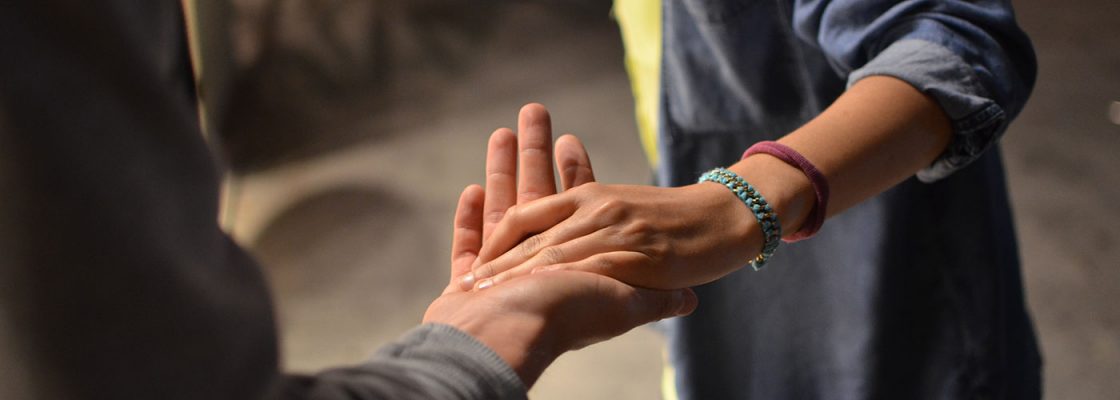Uncertainty about the future of health care in the US and what this means for the safety net is something that weighs on us deeply here at CCI. Daunting headlines and potentially catastrophic policy changes provoke questions about how we can ensure that underserved communities can continue to access the care they need, and that they feel safe and supported in doing so.
As we grapple with these difficult possibilities, it can certainly become overwhelming to think about maintaining a can-do attitude in the midst of a political climate that seems bent on challenging that mindset on a daily basis. At times, our work to secure best care for underserved communities feels like an uphill battle.

As my colleagues and I plan our upcoming Safety Net Innovation Network (SNIN) meeting, it became clear to us that there is a very real need to practice self-care, engage with our communities, and listen to their needs. In short, we need to simply be there for each other despite (or, in spite of) the uncertainty in American health care. It can be too easy to slip into a head-down, nose-to-the-grindstone outlook in order to push through the challenges of our work. But that can mean losing sight of the need to take care of ourselves in order to really show up for others. We realized that we need to share the ways in which we can support each other in our most vulnerable moments—moments in which our work feels unsung and the challenges intimidating.
Not knowing if the health care protections we have today will still be there tomorrow is an exhausting reality. To push through these past few months, I’ve leaned on these strategies:
- Log off! There’s a difference between being aware of current events, and information overload. Recognize when you’ve had enough for the day, especially if you notice it’s starting to weigh on your mental health.
- Talk through it. Have discussions with your friends, family, and colleagues about your concerns in regards to health care and the politics surrounding it, and perhaps think about ways you can collectively push back.
- Take care of yourself. Take time every day to do something that makes you happy (i.e., go for a walk, read a lighthearted book, make your favorite food).
In planning SNIN, we were reminded that at the very core of our work here at CCI and with our partners in the safety net, we are deeply passionate individuals who bring so much of ourselves to the table in order to best support underserved communities. The emotional labor that is part of the health care world is something that I don’t think gets talked about enough, and that’s important to consider. In discussing the emotional factors of our work, we found ourselves referring to this practice as the “soft side” of innovation. However, I find myself wanting to challenge the idea that emotional labor is somehow a secondary element to the work we do in the safety net. After all, the issues that underserved communities grapple with in terms of their well being are often difficult, intersecting in nature, and very much socially determined. Addressing these issues requires deep strength and courage to fight back against systems that keep communities vulnerable.
Remembering to take a step back, breathe, and take a break is critical in showing up for each other on a day-to-day basis. Centering our humanness is, in fact, a radical practice that allows us to be our best selves when it comes to our work.
What are some of the ways that you practice self-care, especially when it comes to working within the safety net? How can we incorporate these “soft” methods of perseverance into our culture, from the office and beyond?
Find this useful or interesting? We’re constantly sharing stuff like this. Sign up to receive our newsletter to stay in the loop.

